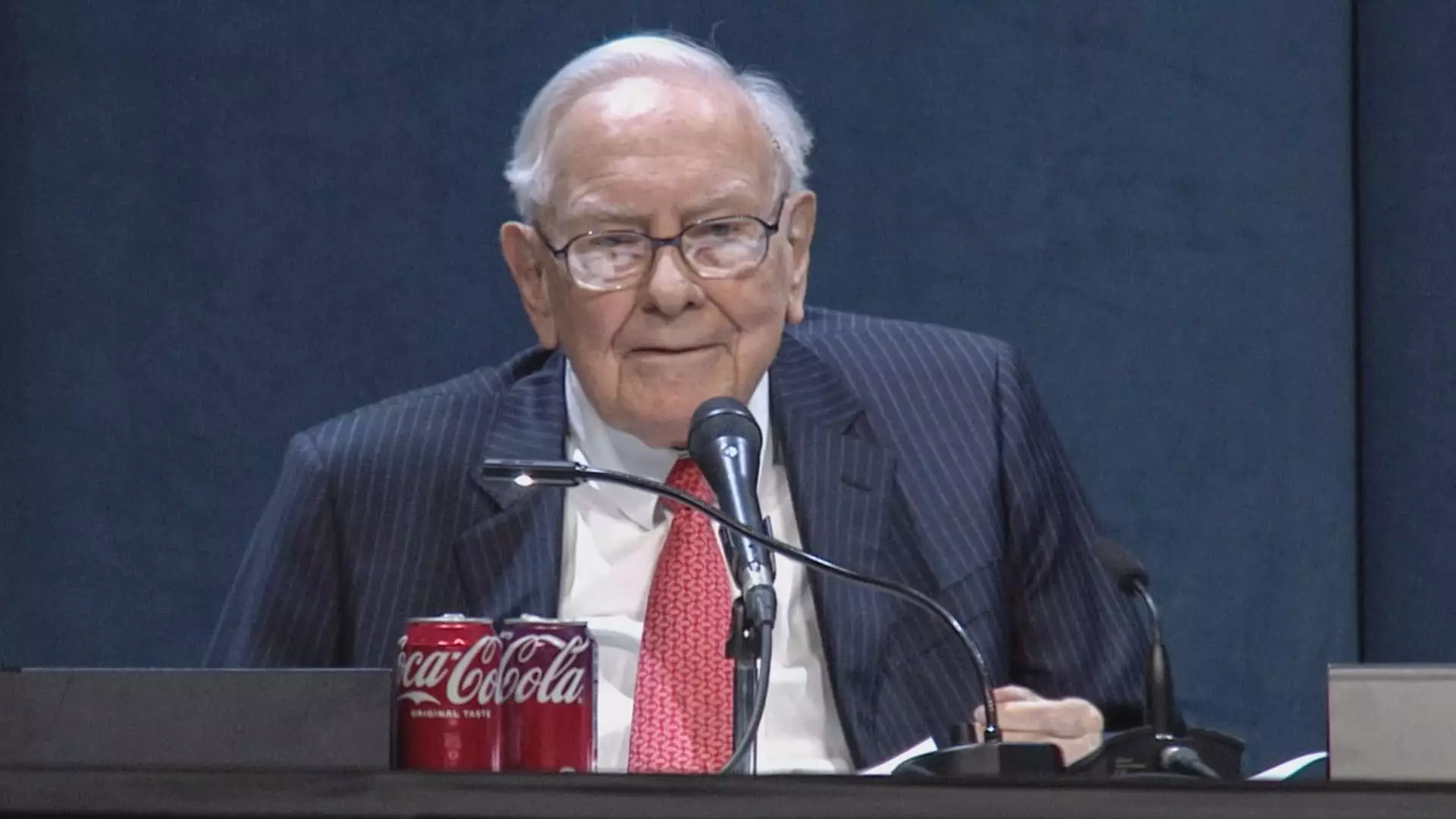Despite a modest 4% decrease in second-quarter operating earnings, Berkshire Hathaway demonstrates notable resilience amid turbulent economic conditions. The slight decline to $11.16 billion underscores the challenges posed by external headwinds, particularly in the insurance sector. While segments such as railroads, energy, manufacturing, and retailing experienced growth, the overall drop signals the fragility that even the strongest conglomerates face in a rapidly shifting landscape. This nuanced performance illuminates the importance of diversified revenue streams, which act as buffers against sector-specific downturns. However, the decline also raises questions about how long such resilience can hold if adverse external factors—like rising tariffs—persist or worsen.
The Shadow of Tariffs and Trade Tensions on Future Prospects
Berkshire Hathaway’s feedback on tariffs reflects an acute awareness of geopolitical risks. The conglomerate’s candid warning about the potential adverse effects of ongoing international trade disputes emphasizes how deeply interconnected global policies are with corporate health. The statement that “considerable uncertainty remains” about future outcomes underscores a pivotal reality: large businesses must now operate within an environment marked by unpredictable policy shifts. Warren Buffett’s conservative stance, warning of potential impacts on both operating businesses and investment portfolios, showcases a strategic cautiousness that many investors might overlook. It suggests that Berkshire Hathaway is bracing for possible headwinds, a mindset crucial for safeguarding long-term value amid geopolitical turbulence.
The Implications of a Conservative Cash Position and Investment Strategy
Berkshire’s $344.1 billion cash reserve remains a defining feature of its strategy, positioning the company as both a fortress against economic downturns and a potential firepower for future opportunities. Although slightly lower than March’s levels, this enormous liquidity indicates preparedness rather than complacency. Interestingly, Berkshire’s decision to sell $4.5 billion in equities over six months, while refraining from share repurchases despite declining stock prices, signals a cautious and disciplined approach. Rather than rushing into potentially overvalued assets, Buffett’s conglomerate appears focused on capital preservation and strategic patience—all while underperforming stocks like Kraft Heinz are written down, acknowledging that not all investments yield immediate success.
Leadership Transition and the Future Outlook
The ongoing leadership transition, with Greg Abel poised to assume the CEO role, marks a pivotal moment in Berkshire Hathaway’s evolution. Buffett’s decision to maintain his chairman role provides continuity, yet the shift hints at an intentional move to ensure stability while embracing new leadership. The underperformance of Kraft Heinz highlights the ongoing challenges within certain segments and the importance of strategic reevaluation—possibly signaling future divestments or restructuring. As the conglomerate steps into this next chapter, its actions—marked by fiscal conservatism, cautious investments, and a focus on core strengths—reflect an overarching strategy of prudent adaptability in an era of uncertainty.
In essence, Berkshire Hathaway reminds investors that resilience is often rooted in discipline, diversification, and strategic foresight. Its cautious stance toward tariffs, conservative cash management, and leadership transition underscore a leadership committed to weathering economic storms and positioning itself for a potentially turbulent future. How the conglomerate navigates these choppy waters remains a testament to Warren Buffett’s enduring legacy of cautious optimism and strategic patience.

